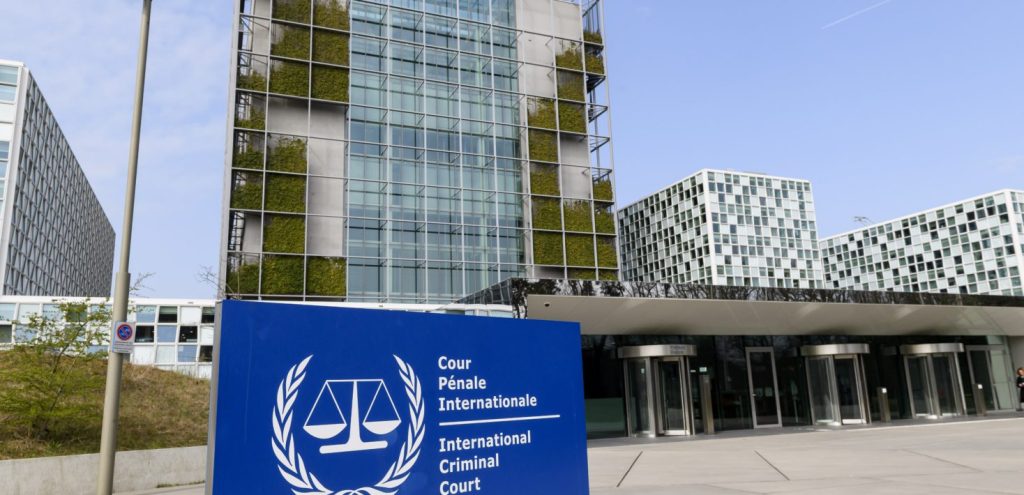The International Criminal Court (ICC) has issued arrest warrants for two senior Taliban leaders, accusing them of crimes against humanity for the systematic persecution of women and girls in Afghanistan.
In a statement released on Tuesday, the ICC declared there were “reasonable grounds to believe” that the Taliban’s supreme leader, Haibatullah Akhundzada, and Afghanistan’s chief justice, Abdul Hakim Haqqani, were responsible for enacting and enforcing policies that severely restricted the rights and freedoms of Afghan women and girls.
The court alleges that, since the Taliban seized control of Afghanistan in 2021 until January 2025, the two men oversaw a regime that denied women access to education, employment, and public life. They were also accused of undermining fundamental freedoms such as movement, expression, thought, conscience, religion, and the right to family and privacy.
Human rights activists and legal experts have described the move as historic. Tahera Nasiri, a women’s rights activist now living in Canada, called the warrants a long-overdue acknowledgement of the suffering endured by Afghan women.
“For four years, the Taliban told us to stay silent, stay at home, cover our faces, give up our education, our voices and our dreams,” she said. “Now, an international court is saying: Enough. This is a crime. Even if Akhundzada and Haqqani never sit in court, they now carry the mark of international criminals. They are no longer just leaders of Afghanistan; they are wanted men.”
Since their return to power, the Taliban have issued numerous edicts restricting women’s lives, including bans on paid employment, secondary education, and access to parks and public speaking. In June, a UN report accused the regime of dismantling legal protections for women, suspending laws against violence, rape, and forced marriage, and turning the judicial system into a weapon of gender oppression.
ICC speaks on accountability
The ICC’s Chief Prosecutor, Karim Khan, emphasised the importance of accountability.
“Our commitment to pursue accountability for gender-based crimes, including gender persecution, remains an absolute priority,” he said in his January announcement seeking the warrants. He also indicated that additional Taliban leaders may soon face similar charges.
Human Rights Watch and Amnesty International have welcomed the ICC’s action and are urging the international community to fully support the enforcement of the warrants.
Liz Evenson, Human Rights Watch’s Director of International Justice, said, “Senior Taliban leaders are now wanted men for their alleged persecution of women, girls, and gender non-conforming people.”
Activists are also renewing calls for gender apartheid to be recognised as a crime under international law, a move they argue is crucial for addressing state-sanctioned systems of gender-based oppression.
Parwana Ibrahimkhail Nijrabi, a former Taliban prisoner now residing in Germany, said the road to justice may be long.
“Arresting these men won’t be easy, especially with some countries still engaging with the Taliban,” she noted. “But I hope member states of the ICC take this seriously and act to arrest them.”
As pressure mounts on the global community, the warrants mark a turning point in the long fight for justice and recognition of the Taliban’s institutionalised oppression of women and girls, a battle now backed by the world’s highest criminal court.



